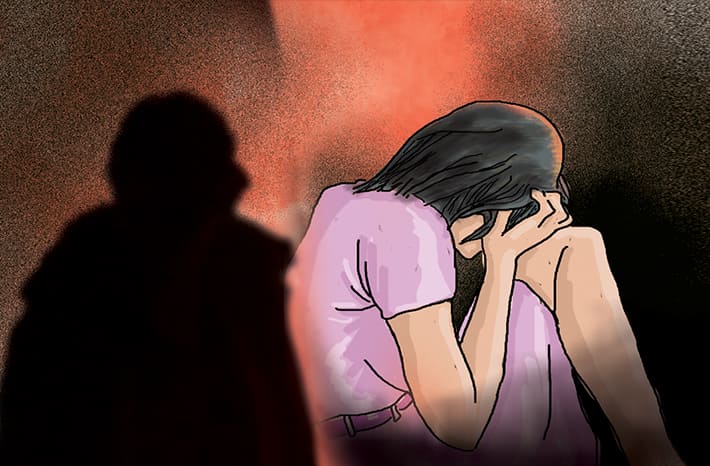Section 376 of the Indian Penal Code (IPC) deals with the offense of rape, which is a heinous crime with serious legal implications. Proving the commission of rape in a court of law requires meticulous presentation of evidence and adherence to legal procedures. This article aims to provide a comprehensive guide on how to effectively prove offenses under Section 376 of the IPC, outlining legal strategies and evidentiary considerations.
Legal Framework:
Section 376 of the IPC defines rape as the act of sexual intercourse by a man with a woman under certain specified circumstances, including without her consent, against her will, or with her consent obtained by coercion, deceit, or fraud. Additionally, the section also encompasses situations involving minors, mentally unsound individuals, and those incapable of giving consent due to intoxication or unconsciousness.
Burden of Proof:
In criminal cases, the burden of proof lies on the prosecution to establish the guilt of the accused beyond a reasonable doubt. To prove an offense under Section 376, the prosecution must demonstrate the essential elements of rape as defined in the statute, including lack of consent or the presence of coercion, deceit, or fraud.
Evidentiary Considerations:
- Victim Testimony: The testimony of the victim is often the primary piece of evidence in rape cases. Courts generally give significant weight to the victim’s account of the incident, considering factors such as consistency, coherence, and demeanor during cross-examination.
- Medical Evidence: Medical examination reports can provide crucial evidence corroborating the victim’s allegations. Evidence of physical injuries, DNA analysis, and signs of forced intercourse can strengthen the prosecution’s case.
- Forensic Evidence: Forensic evidence, including DNA analysis of biological samples collected from the crime scene or the accused, can establish a link between the accused and the offense. Preservation and proper handling of forensic evidence are essential to ensure its admissibility in court.
- Eyewitness Testimony: Eyewitness testimony from individuals who witnessed the commission of the offense or observed suspicious behavior before or after the incident can support the prosecution’s case.
- Circumstantial Evidence: Circumstantial evidence such as the presence of the accused at the scene of the crime, his prior behavior towards the victim, or attempts to conceal evidence can be instrumental in proving guilt.
Legal Strategies:
- Thorough Investigation: Conduct a comprehensive investigation to gather all available evidence, interview witnesses, and examine the crime scene meticulously.
- Sensitivity towards the Victim: Approach the case with sensitivity and empathy towards the victim, ensuring her comfort and support throughout the legal proceedings.
- Expert Witnesses: Engage expert witnesses such as forensic analysts, medical professionals, or psychologists to provide specialized testimony supporting the prosecution’s case.
- Cross-Examination: Diligently cross-examine the defense witnesses to expose inconsistencies or contradictions in their testimony and undermine their credibility.
- Legal Advocacy: Present a compelling legal argument based on the evidence and applicable legal principles, highlighting the prosecution’s case and refuting the defense’s arguments.
Conclusion:
Proving offenses under Section 376 of the IPC requires meticulous preparation, adherence to legal procedures, and effective presentation of evidence. By employing sound legal strategies and considering evidentiary considerations, prosecutors can enhance the likelihood of securing convictions in rape cases, delivering justice for the victims and deterring future perpetrators.
Adv. Khanak Sharma

